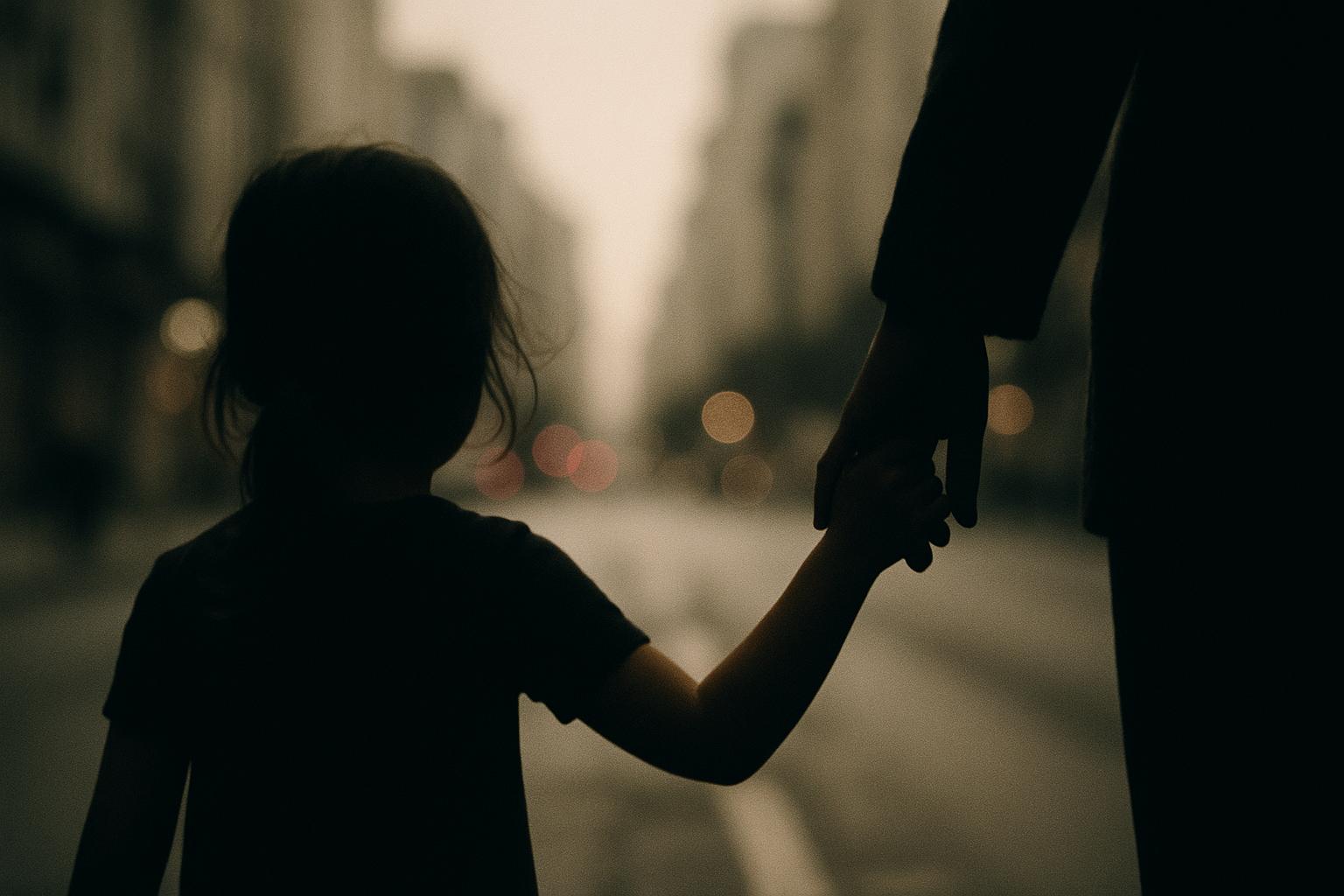Motherland star Anna Maxwell Martin has become a prominent voice urging the UK government to reconsider recent cuts to the Adoption and Special Guardianship Support Fund (ASGSF), a crucial scheme that finances therapeutic support for adopted and kinship children. The funding, which supports vulnerable young people with specialist therapy for trauma, abuse, and separation, faced a significant reduction earlier this year when the per-child therapy funding was slashed by 40% from £5,000 to £3,000 annually, alongside the removal of separate funding for specialist assessments. Maxwell Martin described the cuts as “cruel” and “unkind,” stressing the moral and economic imperative to invest in these children’s wellbeing from an early stage.
The Line of Duty actor emphasised the long-term cost benefits of sustaining therapy for adopted children, stating that early intervention can aid children in thriving, contributing positively to society, and ultimately reducing future public expenditure. Her campaign plea comes ahead of Chancellor Rachel Reeves’ upcoming budget, calling for a full reversal of the funding cuts. Maxwell Martin’s message was also broadcast in a video for the campaign, where she spoke about the necessity of therapeutic care for children who have endured early-life trauma and the imperative for the government to maintain and improve this support.
The ASGSF, initially set at a £50 million budget for 2025-26, previously allocated £5,000 per child per year for therapy and an additional £2,500 for specialist assessments. Following the cuts announced in April, the fund not only reduced the therapy allocation but also abolished match funding and the separate assessment payment, narrowing the scope of support available for children with exceptional needs. The changes have sparked widespread concern among adoption professionals, campaigners, and families reliant on the fund's assistance.
The International Reunification and Care Team (IRCT) underscored the adverse impact of these funding reductions on children recovering from early trauma, labelling the cuts “detrimental” and urging reinstatement of previous levels to ensure adequate therapeutic care. Similarly, the Consortium of Voluntary Adoption Agencies (CVAA) described the move as a backward step that risks the wellbeing and developmental outcomes of children with complex needs. Although the CVAA acknowledged economic pressures, it argued that such financial retrenchment compromises vital support systems.
Government guidance confirms that the ASGSF now caps therapy funding at £3,000 per child per year, inclusive of assessments, representing a substantial contraction in support. The Department for Education stated that the funding adjustments aim to sustain the financial viability of the program and expand access to therapeutic services among vulnerable children. It committed to continuing the fund until April 2027 and promised public engagement early next year to explore better support mechanisms. However, many adoption agencies and campaigners remain dissatisfied, warning that these cuts undercut the fund’s effectiveness during critical developmental periods.
In response to the changes, Adoption Focus, an adoption agency, reassured families that despite the funding reductions, they remain devoted to providing robust, lifelong support through independently raised funds and donations. This points to a resilience within adoption support networks, though it simultaneously highlights concerns about government retrenchment of statutory funding essential to therapeutic care.
The campaign to restore the ASGSF funding seeks not only a rollback of the cuts but also calls for an independent and thorough consultation with those directly involved—families, carers, and the adoption sector—to ensure the fund can effectively meet children’s needs. Anna Maxwell Martin and others are urging the government to "do the kind and right thing," stressing adults’ responsibilities to protect and nurture vulnerable children through consistent, tailored support that recognises the unique challenges adopted and kinship children face.
📌 Reference Map:
- Paragraph 1 – [1] (Mirror), [2] (IRCT)
- Paragraph 2 – [1] (Mirror)
- Paragraph 3 – [1] (Mirror), [6] (DfE statement), [7] (Adopt South West update)
- Paragraph 4 – [2] (IRCT), [4] (CVAA)
- Paragraph 5 – [3] (UK government guidance), [6] (DfE statement)
- Paragraph 6 – [5] (Adoption Focus), [4] (CVAA)
- Paragraph 7 – [1] (Mirror), [4] (CVAA)
Source: Noah Wire Services
